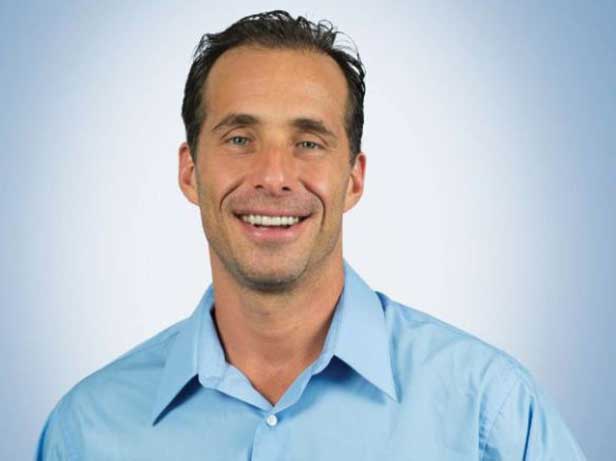Awards April 20, 2020
COVID-19: Making Tough Decisions for Your Business
Randy Carr of supplier World Emblem says survival is determined by your ability to adapt.
During this time of COVID-19, unless your company is one of the “lucky” ones designated as essential, you’re being forced to close your doors to keep employees and customers safe. Even essential businesses, such as restaurants, have had to rethink how to serve clientele when social distancing is a mandate.

Randy Carr is the president and CEO of World Emblem (asi/98264), a Hollywood, FL-based supplier of apparel emblems and high-quality decorations.
As the CEO of World Emblem, I’m experiencing the same emotions, dilemmas and challenges that so many business owners are facing currently. We have seven locations and 800 employees – a lot of people’s livelihoods are on the line. I’ve asked myself: How do we get to the other side? Do we furlough people and for how long? Who do we let go? How do we get to the end of this? They’re hard conversations, and it’s even harder when you’re not working on your business as you normally would.
To get to the end and still be standing, I’m finding you’ve got to be ruthless and cut back. We’re going to look a little different, we’re going to be a bit beat up, but at least we’ll still be here. I don’t have a lot of control over what happens around us – I’m just trying to be level-headed and not show fear to my team. Cooler heads prevail, and they always will.
So, what are we doing at World Emblem? First, I’m assembling my team to assess the budget and see how low sales can go and still survive. We’re looking at what happens if business drops anywhere from 40% to 70%, knowing that at 50%, things get dicey. We’re taking advantage of help from the government, like the PPP, but we don’t want to count on it. Our goal is to keep our gross profit relatively consistent and cut so deep into overhead that it hurts. Then, if we have to use the subsidy, we will have it as a buffer.
“We’re going to look a little different, we’re going to be a bit beat up, but at least we’ll still be here.” --Randy Carr
One of our biggest challenges is finding the right balance between the usual priority of promoting sales versus maintaining a defensive budgeting position. While we’re staying in touch with the bank to discuss delayed payment of financing fees and leases, I also told the human resources director to start recruiting for a new marketing manager now. When she questioned me on that, I said, “We need to be recruiting now because when this is over, we’ll be ready to hire someone.” We want to be ready when the crisis turns while making sure we have enough cash right now.
In the meantime, we shifted our manufacturing capabilities into products most needed at this time. On March 30, we started making face masks and hazmat suits in our plant in Mexico. It’s a major investment at a time when nobody has any clue what the global economy looks like, but we’re trying to pivot where we think we can have the most economic and social impact.
But shifting gears didn’t come without headaches. I got a disturbing phone call from our Mexico managing director at midnight on the second day of the hazmat suit production, telling us that we have to close down for a month. Our entire game plan flipped on its head in two hours. The good news for us is that after phone calls and deliberations, we did get permission to have the Mexico plant remain open for at least another 30 days.
Sometimes things happen for a reason. Over the past five years we’ve built “incubator” companies for stickers, pens and name badges. The latest opportunity was for robot coverings, which came about from one of my connections in the Young Presidents’ Organization (YPO), a global leadership community of more than 29,000 chief executives. We researched the necessary equipment and labor and made the capital investment six months ago to add that capability. That put us in a position to make the hazmat suits and face masks that are greatly in need right now.
My advice to any company at this point in time is to err on the side of overcommunication. Repeat your message over and over.
My other tip? Have tough conversations fast. It’s going to be ugly, and people are going to be upset. But at the end of the day, you need to do whatever it takes to keep the business afloat until this thing is over. At a recent YPO meeting, someone said “I need to save jobs and by laying people off I’m not doing that.” I said to him, “Your job is to save the company, not the job. By saving the company you will eventually save the jobs.” There isn’t an easy answer. But ultimately there will be an end. Darwin was right: Survival of the fittest is survival of those that can adapt.
